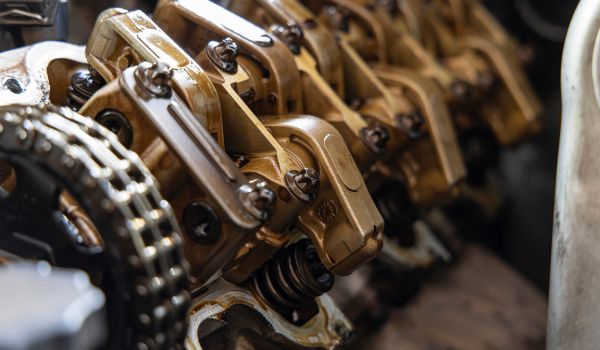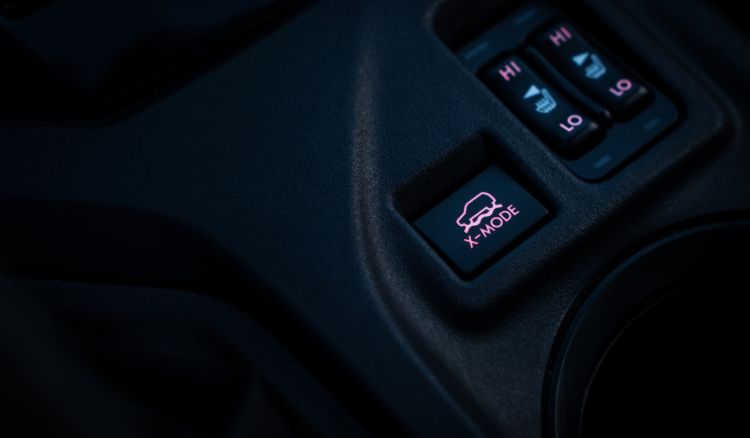In our everyday lives, small engines strengthen the entirety from lawnmowers to chainsaws. Backfiring in a small engine, then again, can be demanding and even frightening in case you’ve ever experienced it. This piece will talk approximately the maximum not unusual reasons why small engines backfire and come up with useful advice on how to keep them from taking place. Let’s get started out.
Understanding Backfires
It’s essential to recognise what an explosion is earlier than we talk about what causes it and how to stop it. A backfire takes place when the combustion technique in the engine’s cylinder does not work properly, making a noisy pop or bang. It may be a result of many things, and finding the principal cause is critical for effective prevention.
Common Causes of Small Engine Backfires
Ignition Timing
Firstly, the wrong ignition is one of the foremost reasons why small engines backfire. Secondly, if the timing is off, the combination of air and fuel may want to catch the heart at the wrong time, which would be known as a backfire. Hence, to avoid this hassle, check and change the ignition timing regularly.
Fuel Issues
Old or Stale Fuel
If you use vintage or stale fuel on your small engine, it might backfire. Gasoline can ruin down and lose its instability over time, which can cause it to not burn absolutely. Always use new, superb fuel to keep away from this.
Fuel-Air Mixture
Backfires also can appear whilst the fuel and air are not blended nicely. If there may be too much air or gas, it could mess up the burning manner. Set up your engine’s carburettor correctly so that it burns the right quantity of fuel.
Exhaust System
Backfires can occur whilst the exhaust gadget is clogged or confined in a few ways. Look for clogs or broken elements and connect or replace them as wished. However, backfiring can be averted by making sure the exhaust device flows freely.
Spark Plug Issues
Weak or dirty spark plugs can make sparks that are not regular or robust, which could cause backfires. So, to keep a strong spark, take a look at the spark plugs frequently and change them as you wish.
Valve Problems
Backfires can happen while the valve opening is incorrect, blocking off the glide of air into the engine. To keep away from this trouble, test and attach the valve clearance on a regular basis.
Preventing Small Engine Backfires
Now that we’ve mentioned the most commonplace motives why small engines fail, let’s examine a way to forestall them from taking place.
Regular Maintenance
Follow the preservation plan that got here together with your small engine. Service and take a look at the engine’s components, just like the gas system, exhaust device, and starting machine, on an everyday foundation.
Use Quality Fuel
Always use gas that is new, smooth, and has the proper octane quantity. Moreover, if you don’t use your engine for a long time, you would possibly need to apply fuel components.
Check and Adjust Ignition Timing
Check and modify the ignition timing on an everyday basis to make sure it is in line with what the maker says.
Maintain the Exhaust System
Check the exhaust machine often for any damage, clogs, or leaks. Take care of any issues properly.
Replace Spark Plugs
You need to replace spark plugs according to the recommended times, or sooner if they show signs of damage or fouling.
Conclusion
In conclusion, Backfires in small engines may be disturbing, however, they can be prevented with exact upkeep and interest in detail. Understanding the commonplace motives for those noises and the usage of the tips in this text can help you keep your small engine jogging smoothly and stop those demanding pops and bangs.
FAQs
Can using a higher-octane fuel save you backfires?
Using the producer’s encouraged octane score is more essential than using a higher-octane gas. Excessively excessive-octane gasoline might not offer any extra blessings.
Is it secure to regulate ignition timing myself?
Adjusting ignition timing requires technical information and gear. A qualified mechanic should achieve it.
How regularly have I replaced my spark plugs?
Refer to your engine’s owner’s manual for unique tips, however commonly, it is beneficial to replace spark plugs each 25-50 hours of operation.
Can backfires cause damage to the engine?
Yes, frequent or intense backfires can doubtlessly damage engine components, together with the exhaust machine and valves.
What should I do if my small engine continues to backfire despite preventive measures?
If backfiring persists, consult a professional mechanic to diagnose and address the issue effectively.







